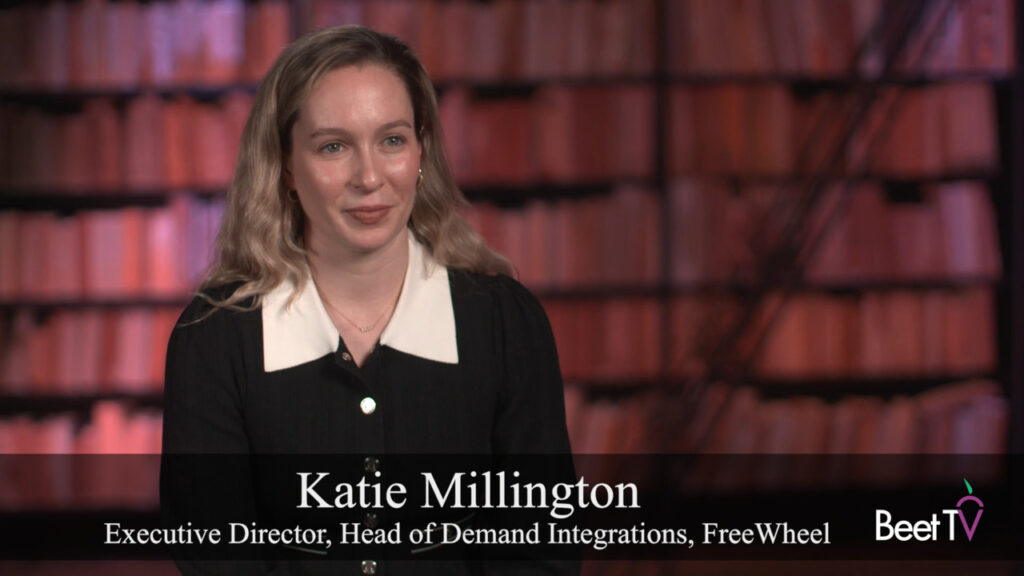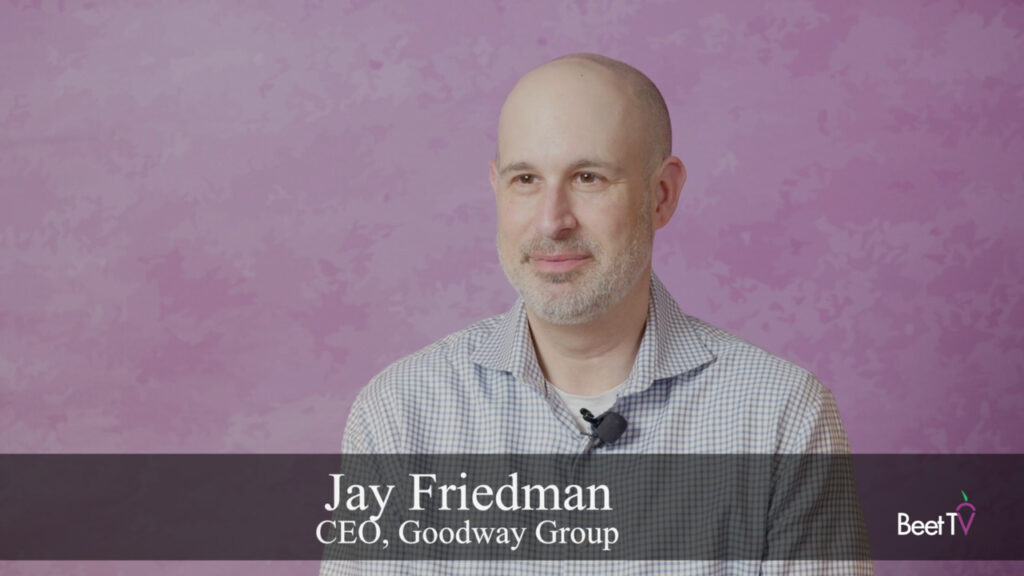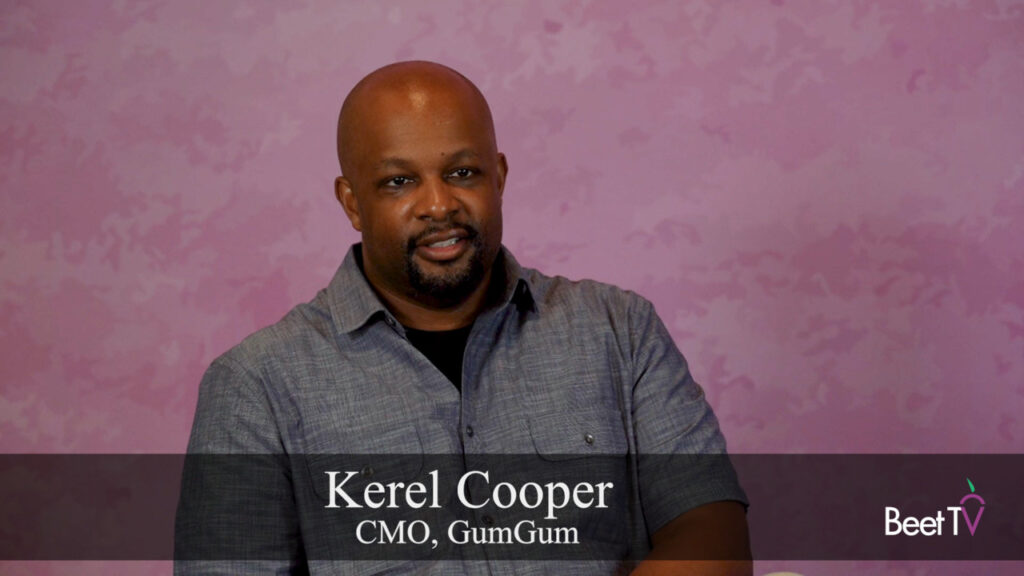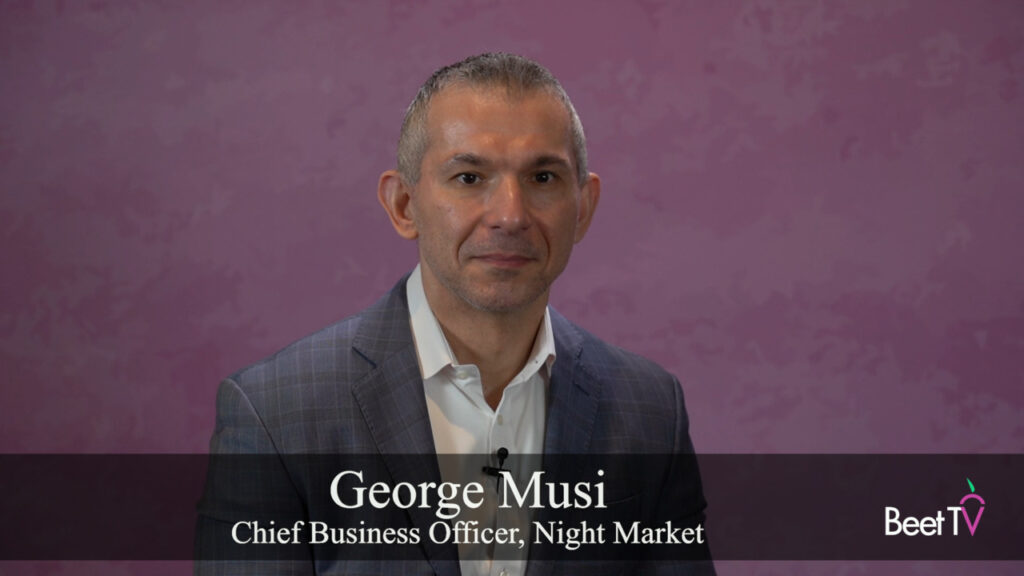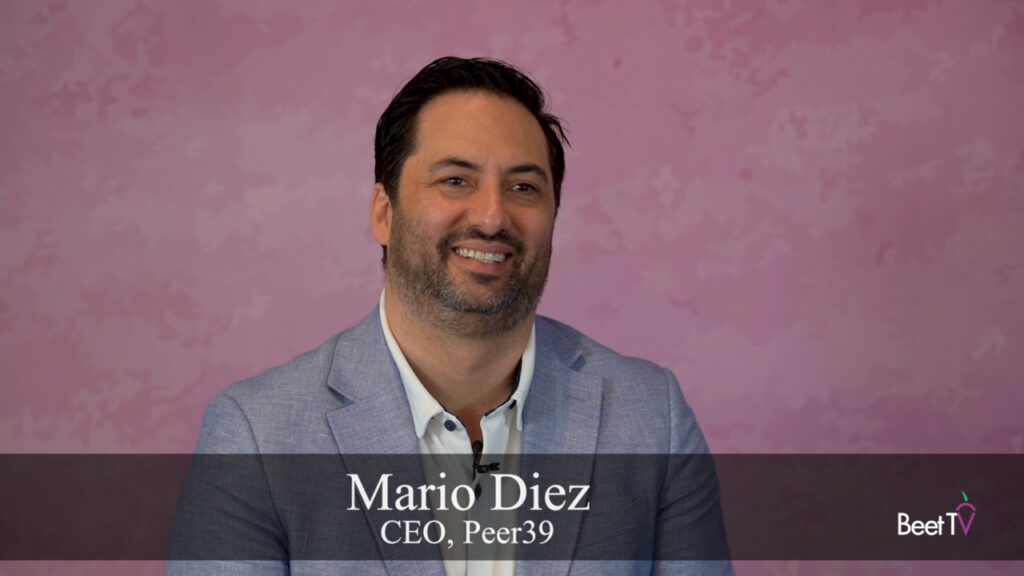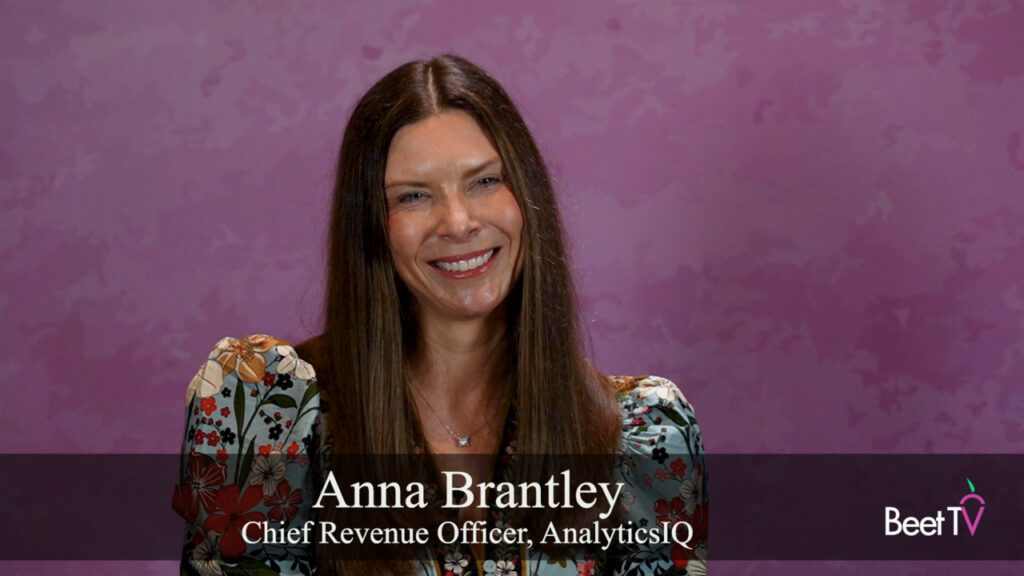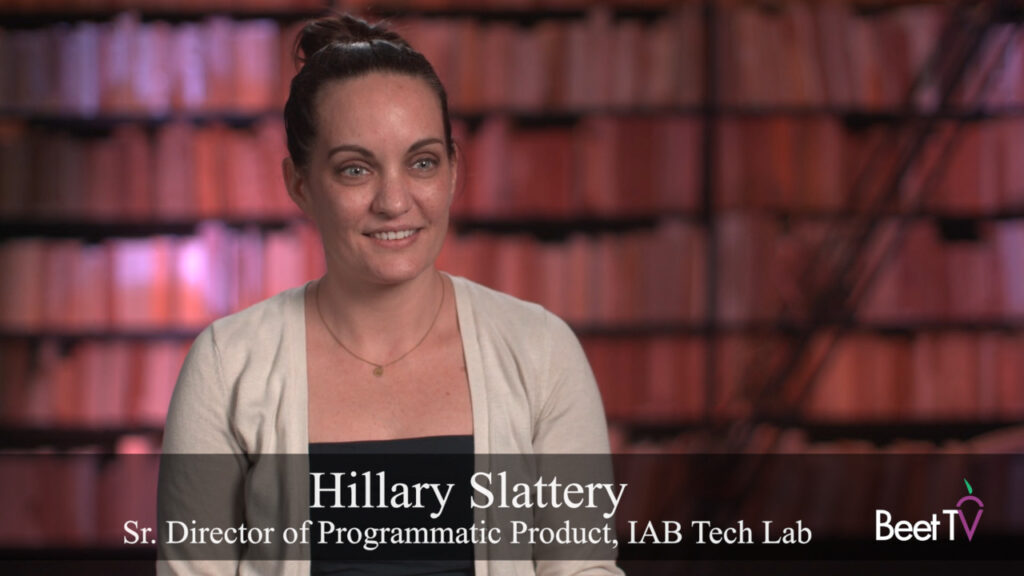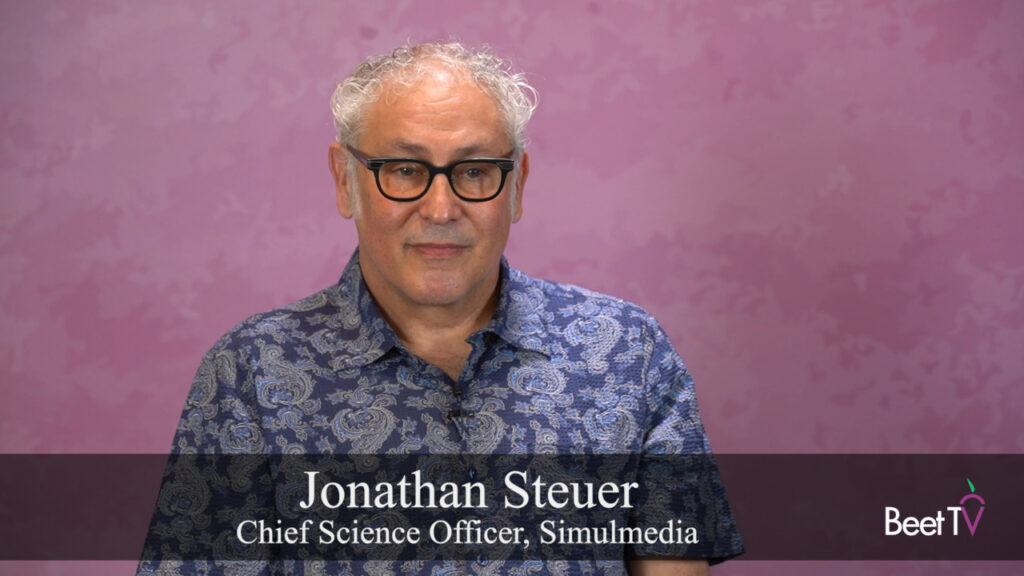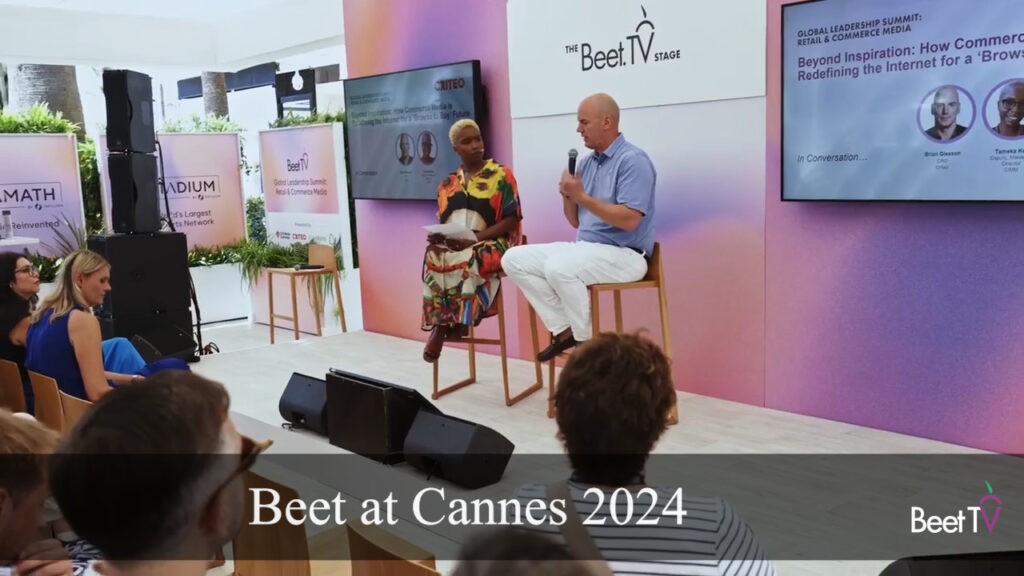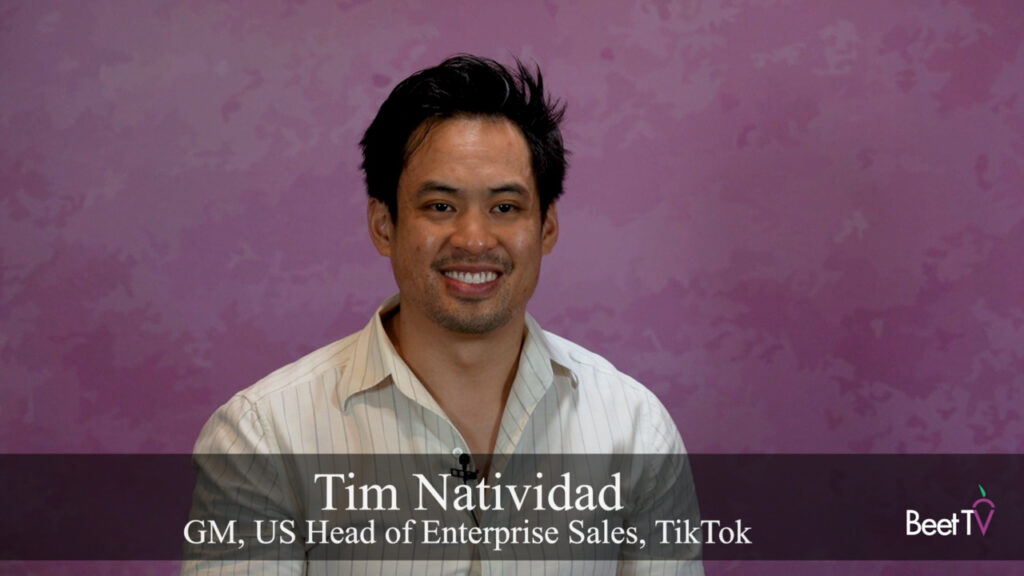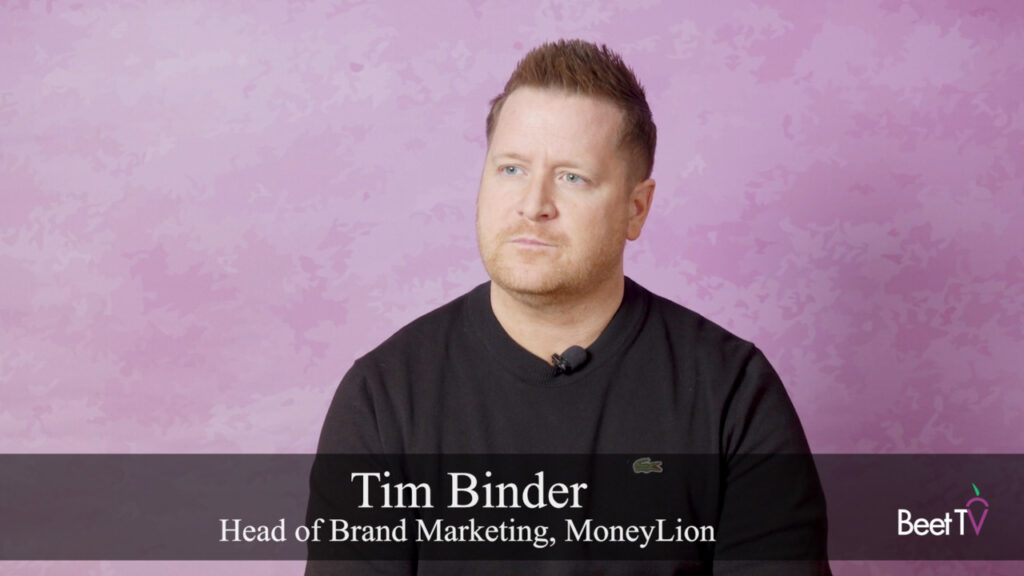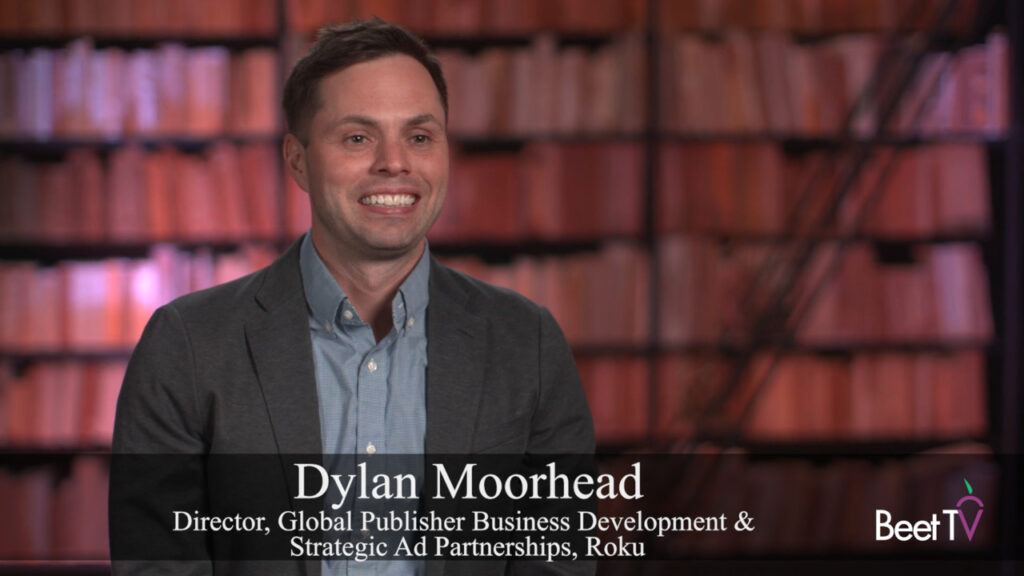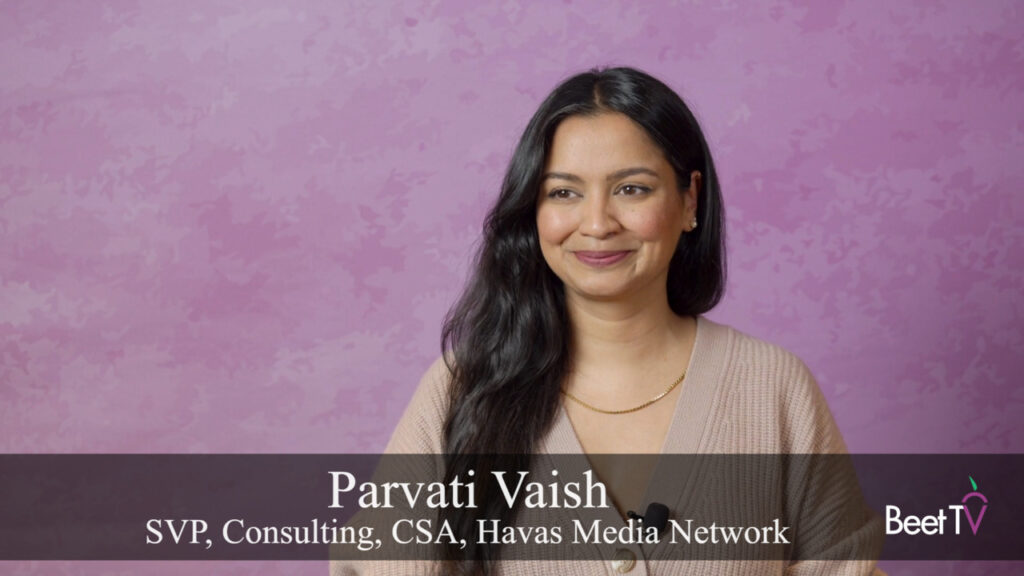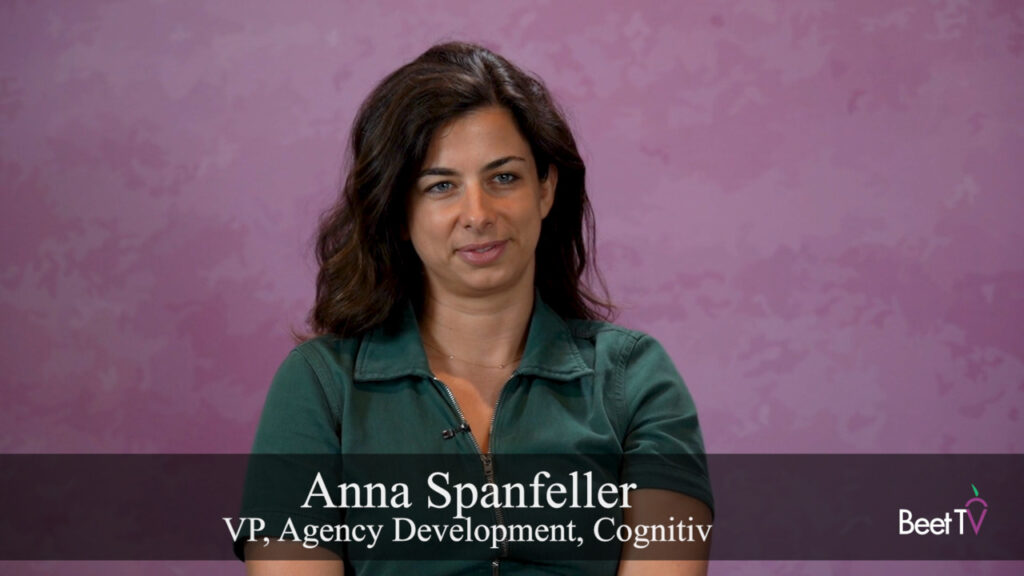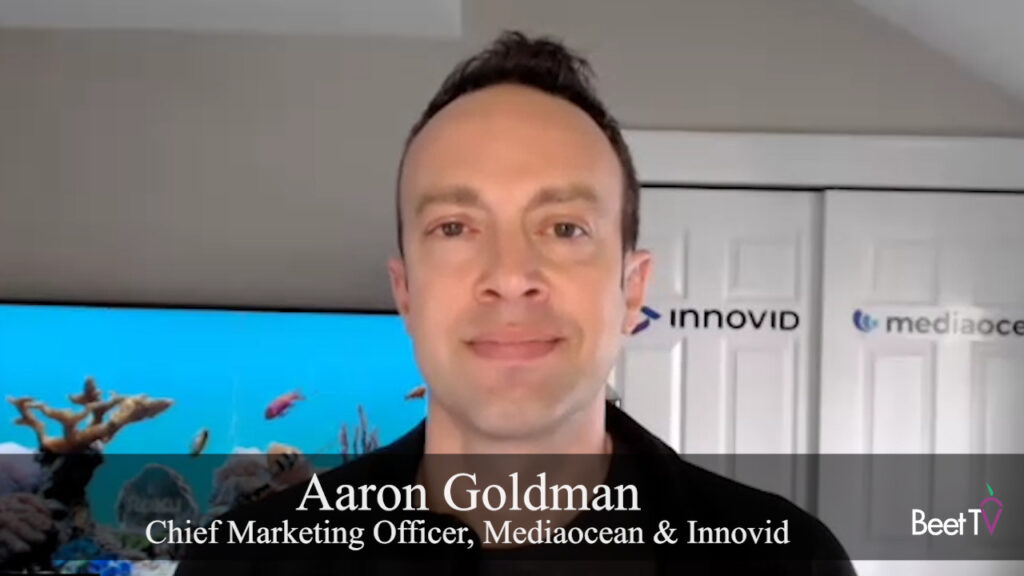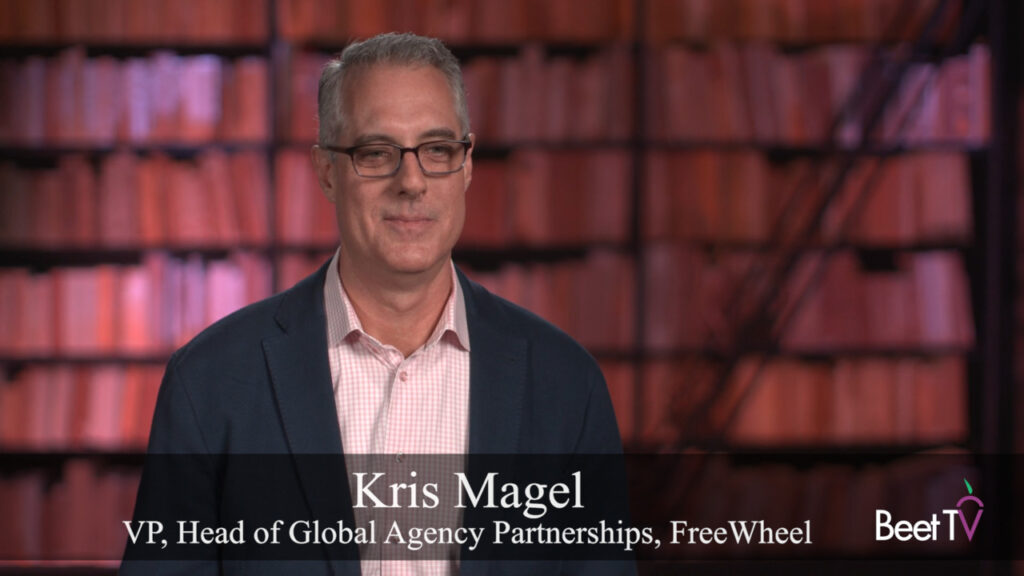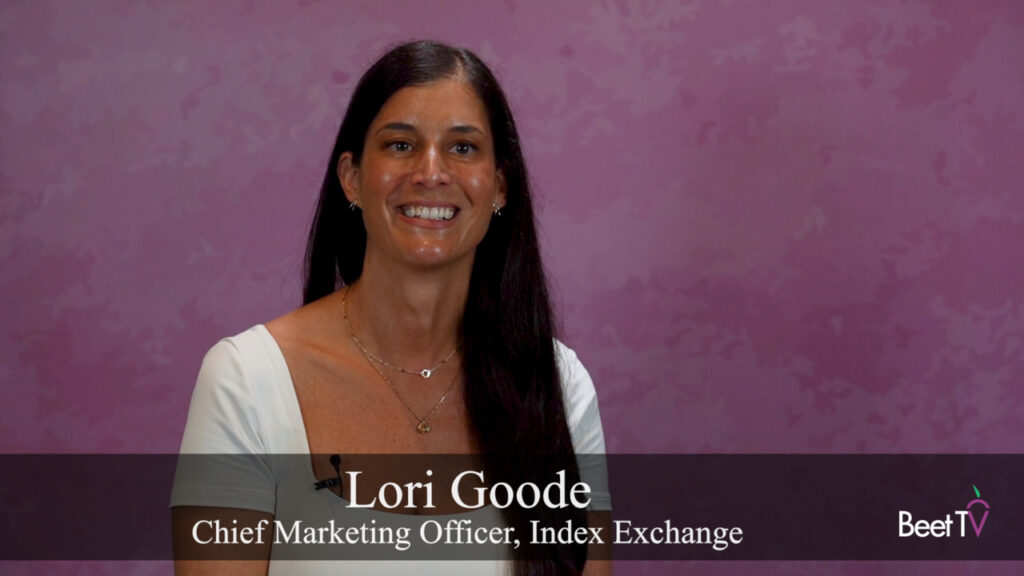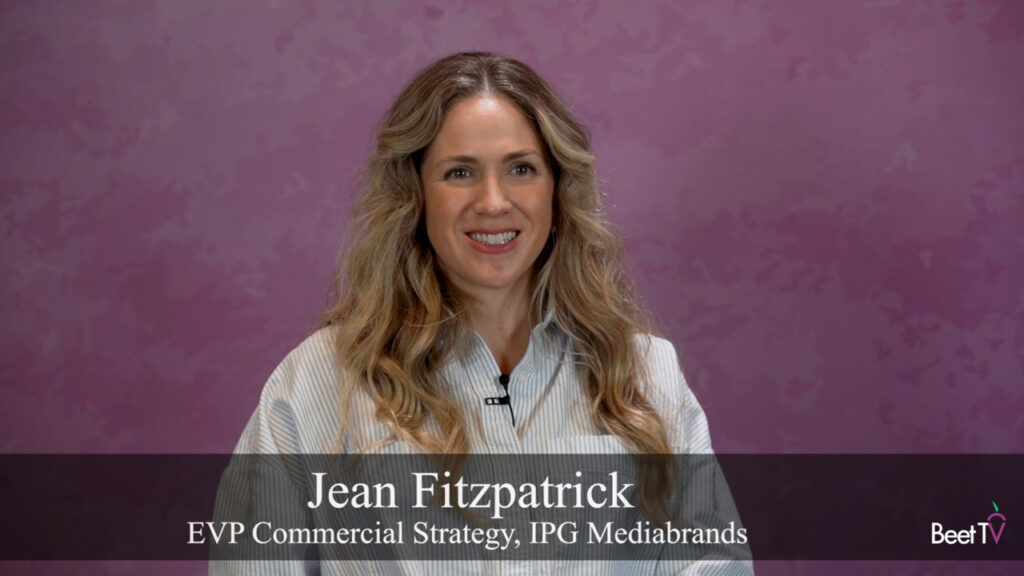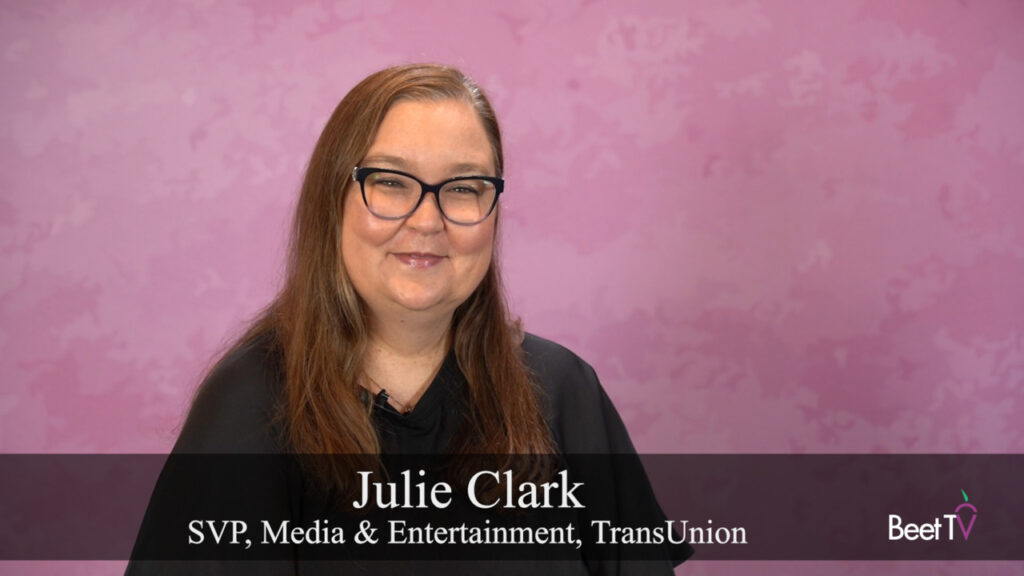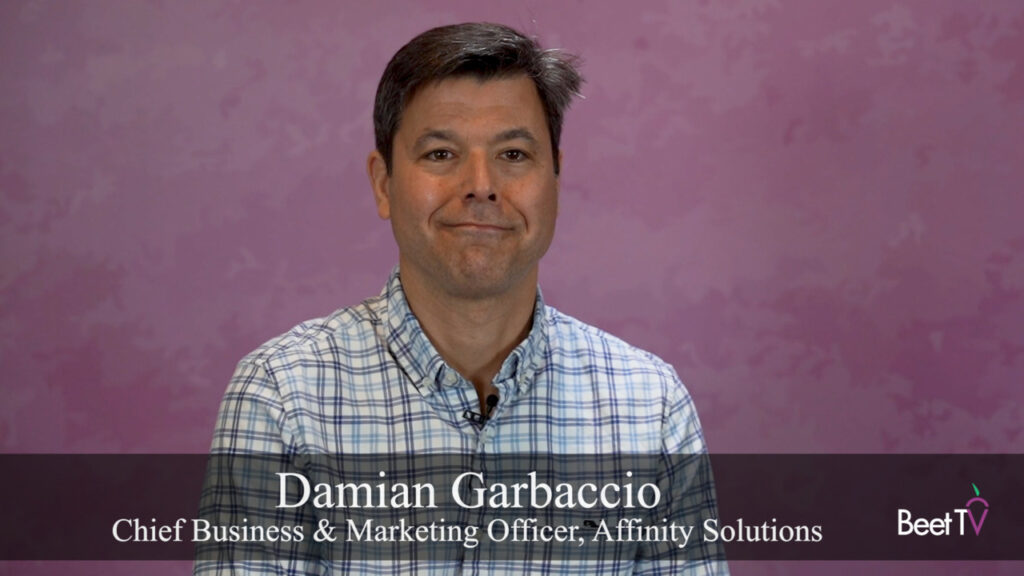View a transcript of this interview
There’s been a lot of discussion lately about pending moves in Congress to keep the Internet from being split into faster and slower networks — keeping the Net "neutral." Esther is leery about Congress jumping into new regulations — and she’s not alone among the big tech thinkers. Here is a compelling case against Net Neutrality in today’s Washington Post by David Farber of Carnegie Mellon University and Michael L. Katz of the University of California at Berkeley.
Esther has been a major player in Internet policy for some time. She was a past chairman of ICANN, the body that regulates Internet domains. She just started to blog for Huffington Post.
She thinks the whole debate over Net Neutrality is a "muddle" and that most people don’t understand the issues. And, she is not too encouraged by what she sees emerging on Capitol Hill. She believes that if there is a commercial need for faster Internet, it should exist.
Seems like the avalanche of online video through the Internet is one of the prime factors in motivating the teleco industry to establish a two-tier Internet.
Here’s a transcription of the interview:
Esther Dyson: The biggest problem that net neutrality has is nobody knows what they’re talking about when they talk about it. The issue is who pays and whether they’re monopolies or not, so there’s a whole lot of, I think, disingenuous discussion about control without ever really looking at the fundamental issue, which is somebody’s got to pay for more bandwidth if consumers are gonna be uploading and downloading video.
Some people say, “Well, we want to sell advertising and control the channel, and; therefore, we’re gonna be able to tell consumers they can get it cheap or free and become the good guys,” but we do that, basically, by limiting their access.
As long as there’s healthy competition, I have no problem if someone pays extra for additional bandwidth, as long as that doesn’t cut off people’s access to the other stuff. The challenge is when you have – especially when you have local cable companies who are going to limit people’s access, the same way the cell phone companies will give you sort of their platform without letting you get to the rest of the web.
That’s when you have a problem, but net neutrality basically means whatever you want it to mean. For example, AT&T just signed an agreement that they would basically – they said, “We’ll observe these principles of net neutrality for everything except Internet TV,” which, of course, is what the net neutrality battle is all about.
So it was a kind of useless exemption. It’s like saying I’ll be good every day except for days when I wear red, and then you wear red on the days you wanna be bad.
Andy Plesser: It’s streaming and downloading video that’s really the big – and uploading video is the big issue around this whole bandwidth and net neutrality discussion?
Esther Dyson: The issue around bandwidth and net neutrality is simply can you control what users see, pay for it through advertising, and then tell the users you’re giving – they’re getting it for free without allowing them the ability to pay for what they actually want.
And so there’s this disingenuous discussion of if you don’t allow us to pay extra, you’re not gonna get free content. Well, of course not, but let the consumer decide whether they want paid or subsidized.
Andy Plesser: Where do you think the legislation might go and the impact that it could have? Do you think about that?
Esther Dyson: I think we’ll muddle through. Really, what will happen is if anything’s too egregious, we’ll sort of stop it eventually, but yeah, companies will throw their weight around, and it’ll – they have a lot of lobbyists and a lot of money.
[End of Audio]
Read Transcripts of our Interviews!
Here at Beet.TV, we have just launched a transcription blog that mirrors posts on Beet.TV. We have a handful transcribed — but will add dozens more in the days ahead. We use smart human beings to transcribe our interviews. We think that transcriptions will be of value to you. The transcriptions also help maximize the search of our content. We think it’s pretty cool. Please visit our new transcription blog and subscribe to it. I hope you find it valuable.







